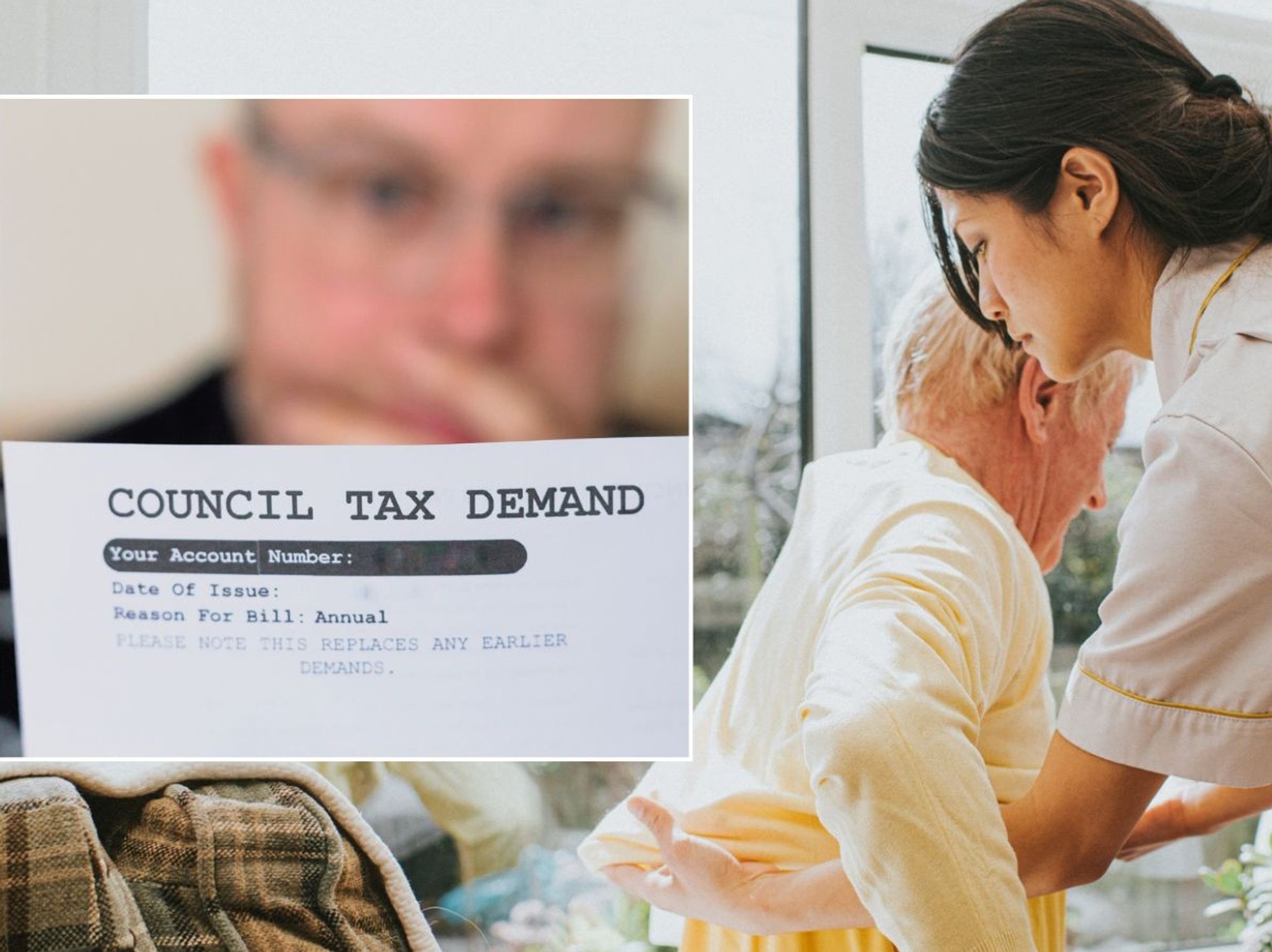More than 42 million adults in the UK ‘will be overweight or obese by 2040’

Analysis by Cancer Research UK shows that seven in 10 (71%) people will be overweight or obese by 2040
Don't Miss
Most Read
More than 42 million adults in the UK will be overweight or obese by 2040, according to new projections.
Analysis by Cancer Research UK shows that seven in 10 (71%) people will be overweight or obese by 2040. Of this, almost four in 10 (36%) adults (21 million) will be obese.
At present, 64% of adults are overweight or obese, with figures rising year on year.
The new data comes after former Conservative leader William Hague attacked the Government for delaying measures to tackle unhealthy eating, branding the weakening of the anti-obesity strategy under pressure from MPs “morally reprehensible”.
Writing in The Times on Tuesday, Lord Hague said the U-turn, which will see a ban on buy-one-get-one-free deals for foods high in fat, salt and sugar postponed for a year, adds to the “history of failed obesity strategies”.
Former Conservative leader William Hague criticised the delay of a ban on buy-one-get-one-free deals for foods high in fat, salt and sugar.
Daniel Leal-Olivas
The Government has said it intends to delay the measures for 12 months due to the “unprecedented” squeeze on living standards.
A ban on TV junk food adverts before a 9pm watershed has also been put on hold for a year.
Being overweight or obese increases the risk of at least 13 different types of cancer and also causes other conditions such as high blood pressure and Type 2 diabetes.
An estimated 22,800 cases of cancer in the UK each year are due to people being overweight and obese.
Michelle Mitchell, chief executive of Cancer Research UK, said: “These projections should serve as a wake-up call to the Government about the state of our nation’s health.
“Ministers mustn’t keep kicking the can down the road when it comes to tackling the obesity crisis – delaying measures that will lead to healthier food options.
The report suggests overweight rates have plateaued but obesity is still climbing.
Dominic Lipinski
“I urge them to revisit this decision and take bold action on obesity, the second biggest preventable risk factor for cancer in the UK.”
The new report suggests the number of people who are obese could overtake the number who are a healthy weight by as early as the late 2020s in England and late 2030s in Northern Ireland.
For Scotland and Wales, the crossover is not expected to happen before 2040.
Prevalence of severe obesity (a body mass index above 40) is expected to almost double across the UK from 3% to 6%.
According to the report, overweight rates appear to have plateaued for now but obesity is still climbing.
Among women, around 60% are currently overweight or obese but this is projected to rise to 67% by 2040.
Among men, 74% will be overweight or obese by 2040, up from 68% now.
The report also suggests those experiencing higher levels of deprivation could suffer the most.
In England in 2019, 35% of people living in the most deprived areas were obese.
Chris Radburn
In England in 2019, 35% of people living in the most deprived areas were obese and this is estimated to increase to almost half (46%) by 2040.
In comparison, 22% of people living in the least deprived areas were obese in 2019 and this is estimated to increase to 25%.
Dr Julie Sharp, head of health and patient information at Cancer Research UK, said: “Obesity is a complex issue and the world around us can make it very difficult to keep a healthy weight.
“Government action is key in making sure that the healthy option is readily available and affordable for people and addressing the wider barriers that prevent people from living healthy lives.
“If these staggering trends continue, obesity will eclipse smoking as the biggest cause of cancer.”
A Department of Health and Social Care spokesperson said: “We recognise the pressing need to tackle obesity, given it costs the NHS an estimated £6.5 billion per year and is the second biggest cause of cancer.
“We’re taking urgent action to encourage people to choose healthier food options through introducing calorie labelling on menus, supporting families through schemes such as healthy start and bringing into force rules on the placement of less healthy products in stores.
“We will set out further action on levelling up the nation’s health through a white paper later this year.”














